Over the course of four months, a team of Grady Newsource reporters took an in-depth look at the relationship between social justice and music. The project reviews the history of social justice songs in the United States and specifically in Athens-Clarke County, which is known for its music scene. It further unpacks how music works on a psychological level as a tool for social justice initiatives.
Why It’s Newsworthy: Music, today and throughout history, is a tool for promoting social justice in our society. Music can bring individuals together in a shared experience and provides anthems for countless movements.
Athens is recognized as having a rich music scene. Hear from members of well-known bands such as R.E.M. and Pylon about how they used their platform to bring about social and political change, both locally and nationally.
Interactive Timeline of the History of Social Justice Songs
This interactive timeline starts at the beginning of the United State’s history and links each movement to a social justice song from the time.
[timeline src=”https://docs.google.com/spreadsheets/d/1ouppRMdDKn4G4DxvMNfnzF64OnMe03k27GWkATczQdU/edit#gid=0″ width=”100%” height=”650″ font=”Default” lang=”en” version=”timeline3″ ]
Social Justice in Athens Hip-Hop Scene
Hip-hop music in Athens, Ga., is giving a voice to some of the societal issues and political unrest the country has experienced recently. Traditionally, music has been an outlet for artists to speak out on these types of issues. After the killing of George Floyd at the hands of a Minnesota police officer in the spring of 2020 — followed by an intense, challenged election — local artists spoke up about a multitude of injustices through their work.
Wes Johnson, 33, is an Athens rapper and producer, also known as ‘Wesdaruler’, who says social justice themes in his music are important.
“It plays a big role in a lot of the music I make, just because a lot of this stuff I try to make is more of a social commentary, or just personal life experience and all that kind of plays into it,” Johnson said. “I know that we like to kind of put social justice and politics in these certain buckets, but really, it’s just reality.”
Johnson has worked as an IT tech while making music locally since 2006. He says although protest music has been around for some time, social justice inspired music recently began to trend differently when the COVID-19 pandemic forced people to take a minute and listen.
“A powerful moment for me was when COVID kind of forced a larger audience to kind of sit down and listen and view what was going on, Johnson continued. “It plays a role and our experiences in life, period, whether we want to recognize it or not.”
Cedric Huff, also known as ‘Amun-Ra’ is another Athens hip-hop artist who uses his work to bring notice to societal issues. Born on the west side of Athens in 1972, Huff began deejaying at age 14 when his parents bought him a set of turntables. Huff moved back to Athens after living in Detroit and Atlanta, bringing his ‘conscious’ style of music to his hometown.
“I lived in Atlanta for like 20 years…Athens is totally different. There’s always the underlying racism going on there. White supremacy, white privilege, that’s dominant here,” Huff said.
Athens hip-hop producer and University of Georgia alumnus, Montu Miller says Athens has become more inclusive because of the wealth moving into the city. Athens-Clarke county is one of the poorest counties in Georgia, but the university is changing the area, according to Miller.
“Quietly Athens is a really segregated city, it’s starting to change a little bit more with gentrification. We’ve gained a little bit of ground in certain areas, but overall, it really hasn’t changed.”
He adds, while the hip-hop music scene locally has reaped the benefits with increasing show opportunities, this hasn’t happened for the Athens-Clarke county community.
“Just because it’s changed a little bit for the hip-hop community doesn’t mean it’s changed overall, for the greater community,” Miller said.
To help educate more people on the social justice issues within the city, artists like Wesdaruler, Amun-Ra and local rapper Ishmael Cuthbertson use their music. Cuthbertson, also known as ‘Ishues’ points to one instance that inspired him to use his work for a greater purpose.
“I’m talking to my mother and she says, ‘if you got to get up in front of people and say something, have something to say’.”
Behind the Scenes of Athens Music
Morton Theatre
“The Morton Theatre was saved from the wrecking ball by the Morton Theatre Corporation, which is a 501(c)(3) nonprofit organization, and in order for it to receive the $1.8 million to renovate the space into the facility that you see today, it had to be owned by Athens-Clarke County government,” Lynn Battle Green, the Managing Director of the Morton Theatre explains. The Morton Theatre Corporation, aids in promoting the mission and programming, while Athens-Clarke County manages the operational side. The theatre holds a century worth of history, but is most known as one of the first theatres in the United States to be built, owned, and operated by an African American.
40 Watt
“The 40 Watt club has been an institution in Athens since 1978. I guess that makes it 43 years now. From its origins, it was a practice rehearsal space on the top floor of the building above the grill to its current location, here where it opened in 1991. The 40 Watt club has served the local music by providing a venue for new and upcoming bands and for special events for the community,” states Paul Butchart, a local music history tour guide.
The venue hosts concerts and events, some purely music related but some with an angle for social justice. Butchart explains this during his tour, “They’ve never been one to shy away from hosting benefit concerts. The mental health benefits shows were held here over the years and one could research and find many music related benefits.”
R.E.M. Impact
Mike Mills, a founding member of the best-selling band R. E. M. formed in Athens, Ga. in the early-80’s explained in a zoom interview that he felt R.E.M. had two lasting impacts on Athens. “One of our biggest contributions there was to show that you can become successful on your own terms. You did not have to follow the rules that the record companies would tell you had to do with radio stations or, or anyone.”
When the band first formed, Athens was still considered a conservative city. Mills explains that the band helped promote progressive candidates and witnessed the shift in political representation before they left Athens, Ga. “We just made it clear that there was a community that would support progressive candidates. And within a few years, we had a council that was predominantly progressive, we had progressive mayors that we helped get elected. I think people just want someone to to show them that it’s possible. People want someone to show that they’re not alone, that there are other people who will gather with you, and we’ll support you. And there is a community for this. And I think that was our big contribution was just in, in making it clear that there was a lot of there were a lot of people who would support a progressive candidate. And we did help change the town. But we had a lot of help doing it.”
The Psychological Effects of Music
Music has the potential to bind people together. In the aspect of social justice, music unites the same people fighting the same battle and undergoing the same challenges.
Music has many effects on the brain. According to Donald Hodges, a professor of music education at the University of North Carolina, Greensboro, the brain changes physically and functionally when you engage in musical activities.
How Music Affects Each Part of the Brain
Hodges stated the brain is affected by music in different psychological ways. “When you listen to music, you nod your head, you move your body, you tap your toe, you dance, so there’s a metonic component. There’s a cognitive component, thinking about the lyrics and understanding what’s going on,” said Hodges.
Hodges also stated that there is an emotional component because the lyrics affect how you feel and a memory component due to us associating music with experiences.
Neuroscientist Kiminobu Sugaya and world-renowned violinist Ayako Yonetani at the University of Central Florida also conducted a study on what parts of the brain are affected by music.
Due to our brains being wired to process and be affected by music, we are united when we listen and sing songs that include lyrics that we relate to.
Hodges said, “Music has this incredible way of allowing us to bond and be together and feel internally. When I’m part of this, let’s say 18,000 people at this concert, I’m by myself having this incredible experience, but I’m also bonded. So it’s both individual and corporate experience.”
Music in Social Justice
Music has a sense of uniting people together especially in regards to protests and major social justice movements.
According to a study conducted by Stanford Medicine, it was found that music engages parts of the brain involved with paying attention and updating the event in memory. The study consisted of analyzing different people’s brain reactions to music when nothing was happening with the music prior.
It was discovered through this experiment that peak brain activity occurred when there were pauses between different music. This is when the people were analyzing what they had just heard. This experiment shows the capability of music to grasp one’s attention and why it is frequently used in protests.
“It’s the fact that they’re in a group that they’re doing things together, the words in the lyrics have a great impact,” Hodges said.
Playlists with Genre Based Social Justice Music
Iris Hersey, Brittany Boniface, J.C. Shelton, Jose Chavez, and Anna Spinks are a team of seniors in majoring in journalism in the Grady College of Journalism and Mass Communication at the University of Georgia.



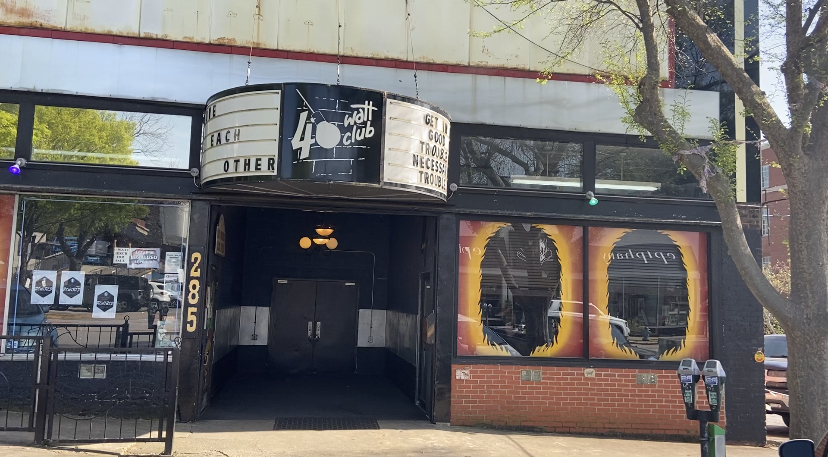
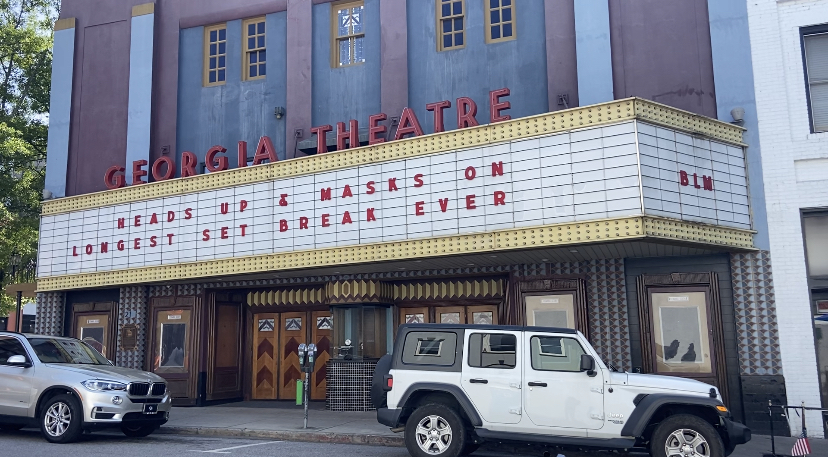
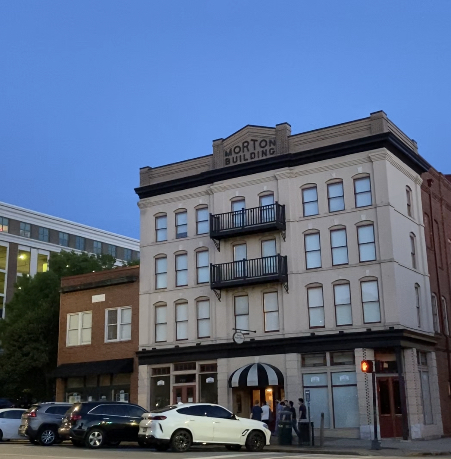



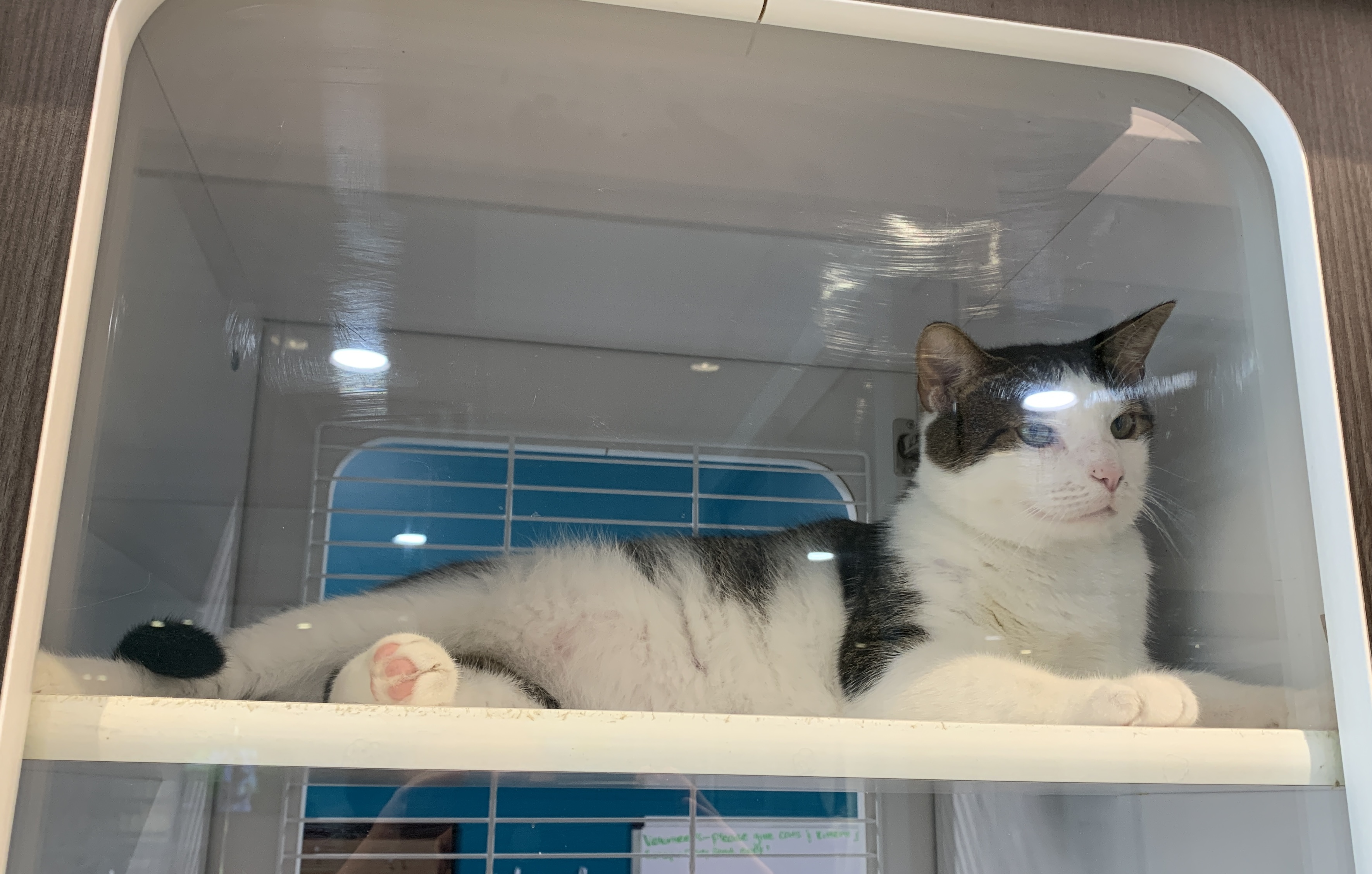
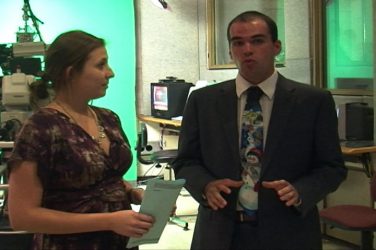

Show Comments (1)